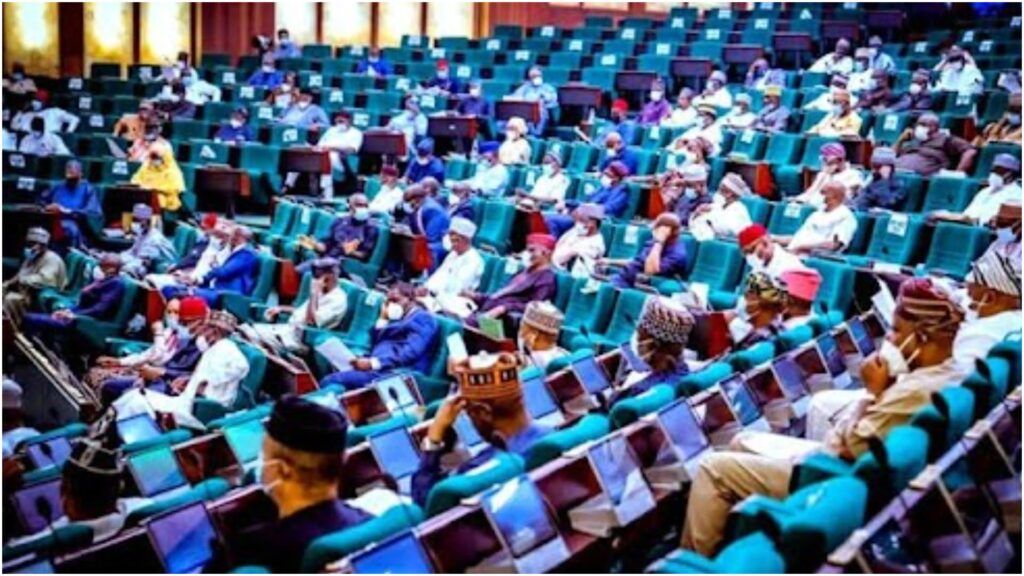The House of Representatives has commenced investigation into the utilisation of Central Bank of Nigeria’s (CBN) N200 billion loan for National Mass Metering Programme (NMMP) by 11 Electricity Distribution Companies in Nigeria (DisCos).
The probe follows discrepancies in figures refunded by DisCos.
A sub-committee was inaugurated on Tuesday, according to statement issued yesterday by Hon. Uchenna Harris Okonkwo, Chairman of the committee.
According to the statement, preliminary research on the NMMP revealed that instead of the pronounced amount of N59.280 billion for one of the phases, what was released was N55.4 billion for procurement and installation of 962,832 meters instead of 1,000,000 meters pronounced by CBN.
Research, according to the statement, has also shown that the 11 electricity distribution companies that received the loan had paid back to CBN as refund for the N54.4 billion they received in 2020 was N7.1 billion as at 2024 without mentioning the nine per cent interest on the loan.
“This calls for explanation as to how NESI SSL (the Special Purpose Vehicle created for NMMP) , Meristerm Wealth Management Limited and Meristerm Securities Limited (the fund managers ) handled the NMMP in national interest.
“Also of concern to the House of Representatives is that, the Phase 1 of the NMMP, which CBN and deposit money banks (DMBS) were to fund for procurement and installation of 1,500,000 meters, as well as, the Phase 2 of NMMP which the World Bank was to fund for procurement and installation of 4,000,000 meters has not been addressed”.
The committee is tasked with investigating how the funds—earmarked in 2020 to provide free electricity meters to Nigerian consumers—were disbursed and utilized by licensed electricity distribution companies (DisCos).
“The main objective of the Committee is to carry out an investigation on the Central Bank of Nigeria’s National Mass Metering Program for which the sum of N200 billion was earmarked in the year 2020,” said Uchenna Okonkwo, Chairman of the Sub-Committee.
According to Okonkwo, the probe was necessitated by inconsistencies in fund releases and meter delivery under Phase 0 of the programme.















